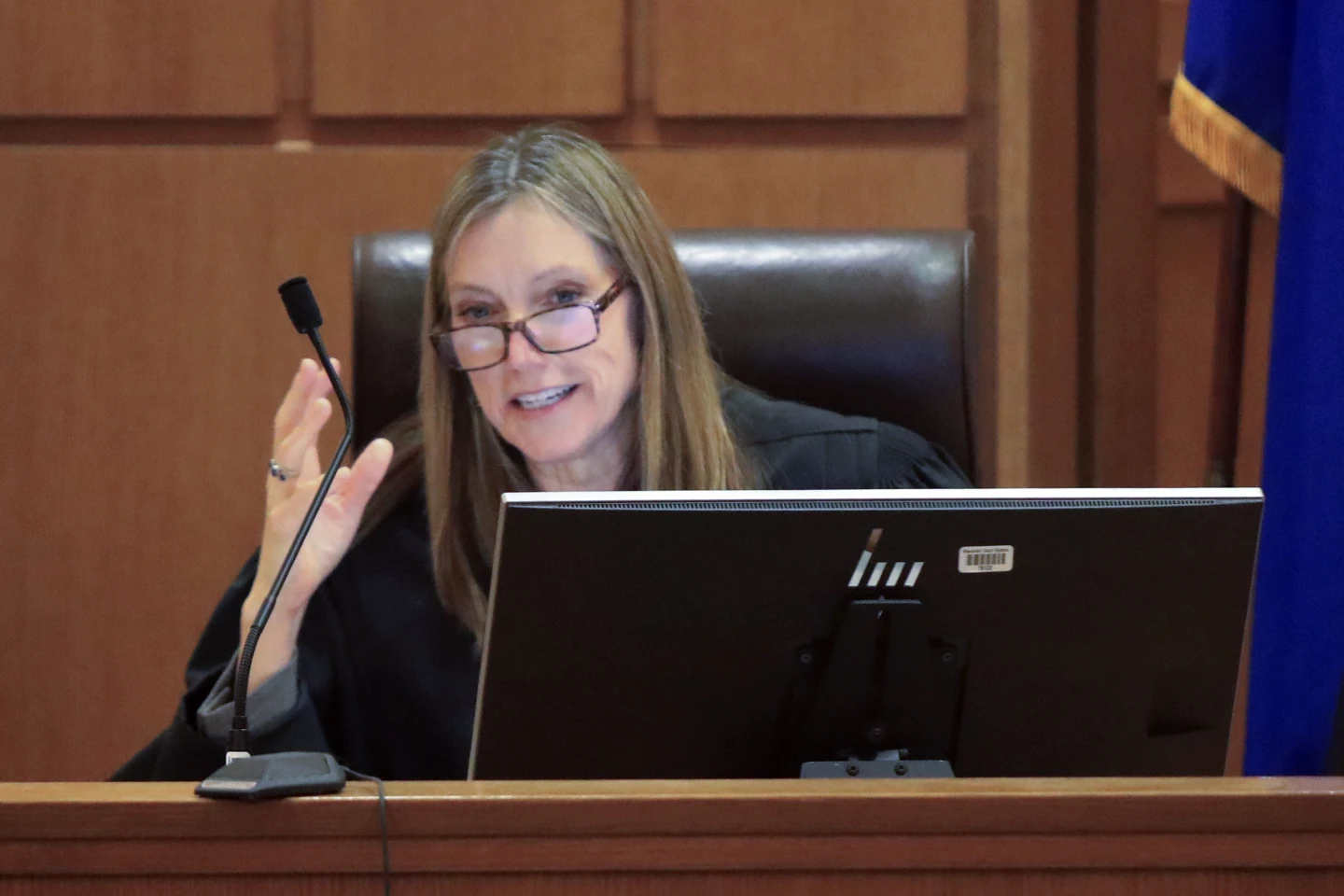

Wisconsin’s 173-year-old abortion ban outlaws killing fetuses but doesn’t apply to consensual medical abortions, a judge ruled Friday in allowing a lawsuit challenging the ban to continue in the perennial battleground state.
Dane County Circuit Judge Diane Schlipper said the legal language in the ban doesn’t use the term “abortion” so the law only prohibits attacking a woman in an attempt to kill her unborn child.
“There is no such thing as an `1849 Abortion Ban` in Wisconsin,” the judge wrote.
Wisconsin lawmakers enacted statutes in 1849 that have until now been widely interpreted as outlawing abortion in all cases except to save the mother’s life. The U.S. Supreme Court’s landmark 1973 Roe v. Wade ruling legalizing abortion nullified the ban, but legislators never repealed it. Then, the high court’s decision last June to overturn Roe v. Wade reactivated the statutes.
Republicans and their conservative allies across the country praised the reversal, but the decision energized Democratic voters. Wisconsin Gov. Tony Evers parlayed anger over the ruling into a re-election victory in November. The issue figures to be front and center again in the state as the 2024 presidential campaign ramps up.
The state’s Democratic attorney general, Josh Kaul, has vowed to restore abortion access. He filed a lawsuit in Dane County days after Roe v. Wade was overturned, seeking to repeal the ban.
Kaul argues that the ban is too old to enforce and that a 1985 law that permits abortions before a fetus can survive outside the womb supersedes the ban. Three doctors later joined the lawsuit as plaintiffs, saying they fear being prosecuted for performing abortions.
Kaul has named district attorneys in the three counties where abortion clinics operated until the Supreme Court overturned Roe v. Wade as defendants. One of them, Sheboygan County’s Republican district attorney, Joel Urmanski, filed a motion seeking to dismiss the case in December.
Urmanski maintained that it’s a stretch to argue that the ban is so old it can no longer be enforced and that the 1985 law and the ban complement each other. Since the newer law outlaws abortions post-viability, it simply gives prosecutors another charging option, he contends.